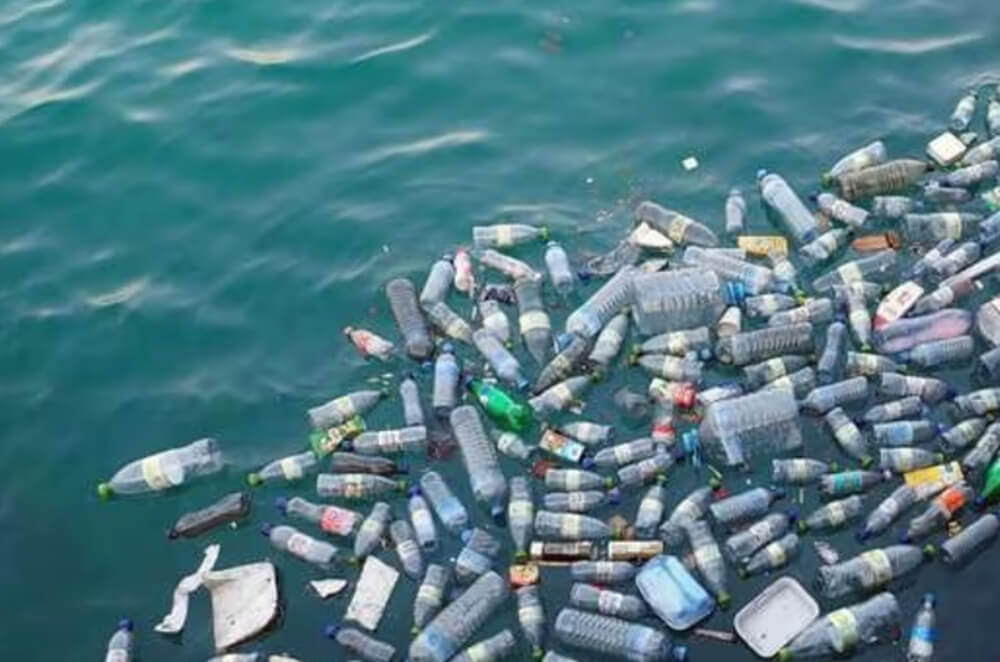Current numbers are less than encouraging: annual plastic consumption in Colombia exceeds one million tons; in other words: an average Colombian consumes 24 kilos of plastic per year. Meanwhile, the recycling and waste management rate in the country barely reaches 17% (with much lower numbers in non-capital areas).
However, the country doesn’t seem discouraged. In February Colombia became the second country in Latin America to sign the Pact for Plastics. The intention? To eliminate problematic plastics by the end of this decade.
A few months later, this November 2023, a National Pact was signed "to reduce pollution and gradually replace single-use plastics through the implementation of a circular economy."
All this falls within the framework of Law 2232, which establishes a set of measures to reduce the consumption of plastic bags and packaging, straws, and other such products. According to this new pact, starting from mid-2024, 14 categories of single-use plastics will have to be removed from the market. The replacement will be gradual, with a timeframe of two to eight years.
Promoting a circular economy
According to Environment Minister Susana Muhamad, the benefits of the pact aren’t just environmental, but also economic. Muhamad has said the substitution of plastics in Colombia presents an opportunity to create new businesses based on sustainable principles, such as the circular economy.
The idea is for the more than 6,000 Colombian companies related to plastic production to transform into 'green businesses' and offer solutions for the transformation and proper management of plastics and other waste. The market opportunity seems to exist, since, as of today, there are only 375 of these 'green businesses' operating in Colombia.
What about recycling?
Even if the elimination of single-use plastics becomes a reality by 2030, the need to treat and recycle plastics already in circulation remains as pressing as ever. It's precisely the nature of plastics: they do not disappear on their own; it can take up to 500 years for a single plastic bottle to disintegrate.
That's why the pact signed in February also aims to increase the country's recycling rate to 50%. Some companies have already seen the opportunity to contribute to the transition and develop a profitable business dedicated to recycling.
Recypuntos, for example, was born a decade ago with the intention of simplifying waste management for individuals and companies. Essentially, they help establish waste management processes for companies and offer collection points –or 'on-demand' collection– at the domestic level.
Recypuntos' theory is that people want to properly separate their waste, but often don't know how or find it too complicated. Another Colombian company has identified the same issue, but addresses it differently.
EcoBot focuses on promoting the adoption of sustainable and environmentally responsible habits, especially focusing on correct plastic recycling, amongst the population at large. In EcoBot's recycling machines, people can deposit their plastic waste and, in return, receive little incentives, like discount coupons for stores, restaurants, and apps.
To achieve this 'Plastic-Free Colombia’ by 2023, it is essential to combine these types of initiatives, which solve the problems of the present, with longer-term projects like the new national pact. Especially when these efforts include education and creating awareness among the general population.

